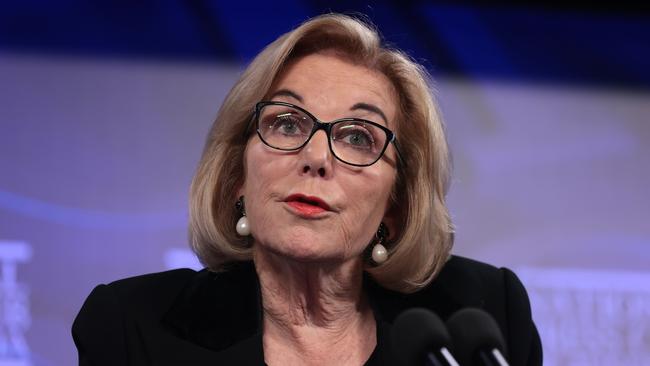
The concession by the ABC’s lawyers that sordid allegations against Christian Porter published in a February 26 article would not stand up in court amounted to capitulation. What is the justification for airing career-destroying ancient allegations by a woman, sadly deceased, if they cannot be proven?
A more aggressive litigant than the former attorney-general might have pursued the case further in the expectation of a considerable payment for damages. Porter, however, has a bright career to look forward to. He was reluctant to spend an election year punishing a taxpayer-funded body in the courts, and let the matter rest.
Not so Louise Milligan, the Four Corners reporter whose targets always seem to be conservative men. “Christian Porter has discontinued his case,” she tweeted at 3.17pm last Monday. “The ABC will pay him no damages. I stand by my journalism.”
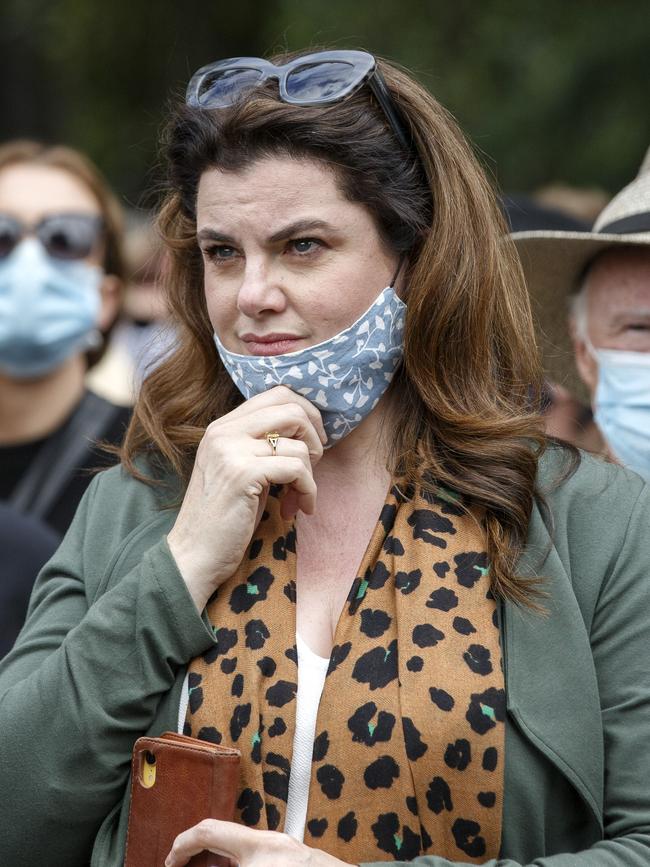
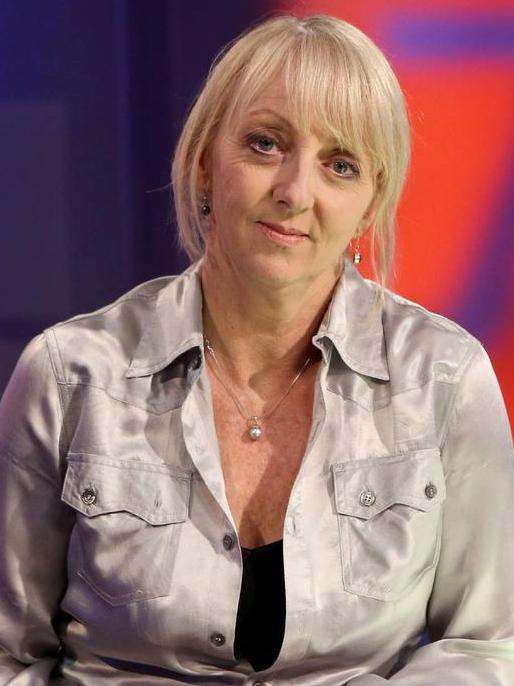
A minute later, Sally Neighbour, the executive producer who judged Milligan’s unsubstantiated stories fit to broadcast, tweeted in similar fashion: “We stand by our stories.”
The quaint notion that the ABC should answer to a democratic parliament elected by the citizens who pay for it fell out of fashion in the 1960s. Indeed, the producers of news and current affairs feel little obligation to account to their own executives. To all intents and purposes, David Anderson is managing director of an organisation he is having trouble controlling.
The persecution of Porter, like its prequel, the witch hunt against George Pell, seemingly shows the ABC thinks of itself as not just above parliament but above the law. The basis for Four Corners’ allegations against both men is legally worthless and the ABC says it regrets that it was misinterpreted, yet its staff are still determined to pursue their story.
“Christian Porter’s decision to discontinue his defamation case against the ABC has sparked renewed calls for an independent inquiry,” Fran Kelly told ABC Radio National listeners last Tuesday.
In ABC-speak, the phrase “sparked renewed calls”, like its companion, “pressure is mounting”, is a trigger warning, signalling that a presenter is about to mount a high horse. The renewed calls that have been supposedly sparked by the withdrawal of the court action are entirely self-serving. It might have been better for Labor if shadow attorney-general Mark Dreyfus had stayed out of this, rather than accept Kelly’s invitation to rake a bit of muck.
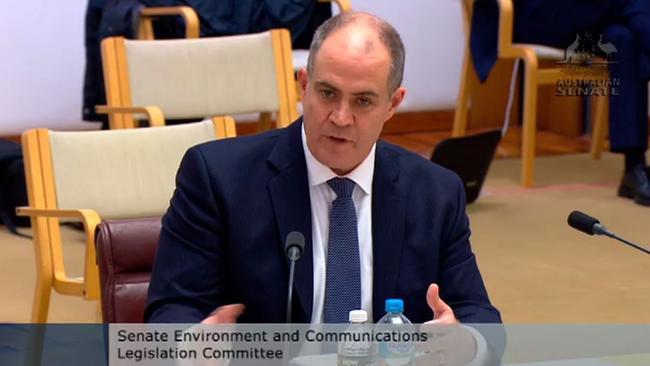
The ABC’s public standing, like that of Dreyfus, has been much eroded by the pursuit of legally worthless allegations that fail to meet the pub test. An opinion poll last week asked a representative sample of 500 Australians what the ABC should do to demonstrate its contrition after the collapse of the Porter allegations. Six out of 10 (62 per cent) think further action is warranted. The feeling is even stronger among Liberals (82 per cent) and Nationals (83 per cent).
The survey, conducted by True North Strategy, found that of those who want further action, 59 per cent want a full apology, 61 per cent think the reporter should be disciplined and 45 per cent want all references deleted on the ABC’s website. The public, not unreasonably, believes that actions have consequences and when the ABC stuffs up, someone should feel some pain.
Nothing is likely to improve as long as the ABC runs its own complaints process and the organisation remains reluctant, even in the most extreme cases, to turn on its own. The case for an independent ombudsman, empowered to consider complaints about breaches of the ABC Charter, is strong.
Since the ABC is so keen for an independent inquiry into Porter, one would imagine it would welcome an independent inquiry into itself. As Patricia Karvelas told Radio National listeners recently: “Pressure is mounting for the federal government to speed up the introduction of a federal anti-corruption body.” Might the Porter fiasco spark calls for an independent umpire?
ABC chair Ita Buttrose thinks not. “I think that would be one more control we can live without,” she told ABC Adelaide last month. “I don’t think we need a broadcasting ombudsman but, look, it’s an interesting idea. I’m always prepared to consider things but I don’t think it’s necessary … we’d be interested to see whether Australians share that point of view.”
Buttrose might be surprised to learn how many Australians disagree with her. A separate True North survey of more than 500 people last month found that 82 per cent were in favour of an independent ombudsman. Support was consistent across the political spectrum. 82 per cent of Liberal voters were in favour, 83 per cent of Labor voters and 80 per cent of Greens.
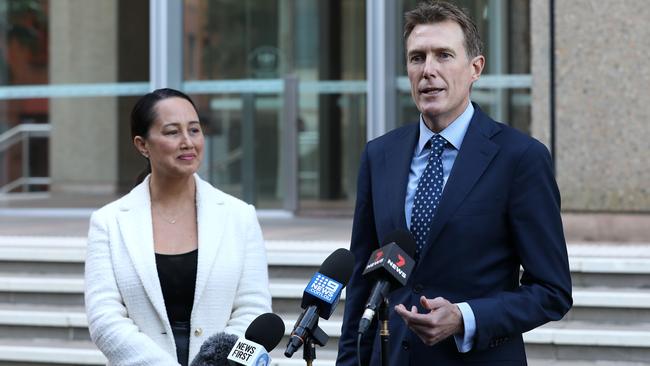
The ABC might once have been safe from all but the very lightest of rebukes from Coalition governments that have long been concerned about the backlash they might receive should they attempt to bring the broadcaster to heel. Yet changes in the media landscape, together with the ABC’s arrogant disdain for dissenting voices, is rapidly undermining the broadcaster’s legitimacy.
It might have been true in the late 1990s that the ABC was the Coalition’s enemy talking to its friends, as John Howard’s then adviser, Grahame Morris, famously said. But, while Coalition voters, notably in the 55-plus range, still account for a considerable proportion of the audience, their loyalty has been tested to the limit, and many are peeling away.
Increasingly, the complaint is heard at conservative gatherings that the ABC is not what it was, that its comedies are less funny, if they are funny at all, that its coverage is narrower, its news and current affairs more opinionated, and that the lean to the left is impossible to correct. In the era of Sky News, YouTube and Netflix, viewers now have a choice.
The Porter case is a turning point. An ABC that runs a line consistently hostile to the government, seemingly surrenders editorial judgment to prejudice and airs grave allegations against prominent people with little regard to legal-standard proof cannot escape sanction forever.
Nick Cater is executive director of the Menzies Research Centre.


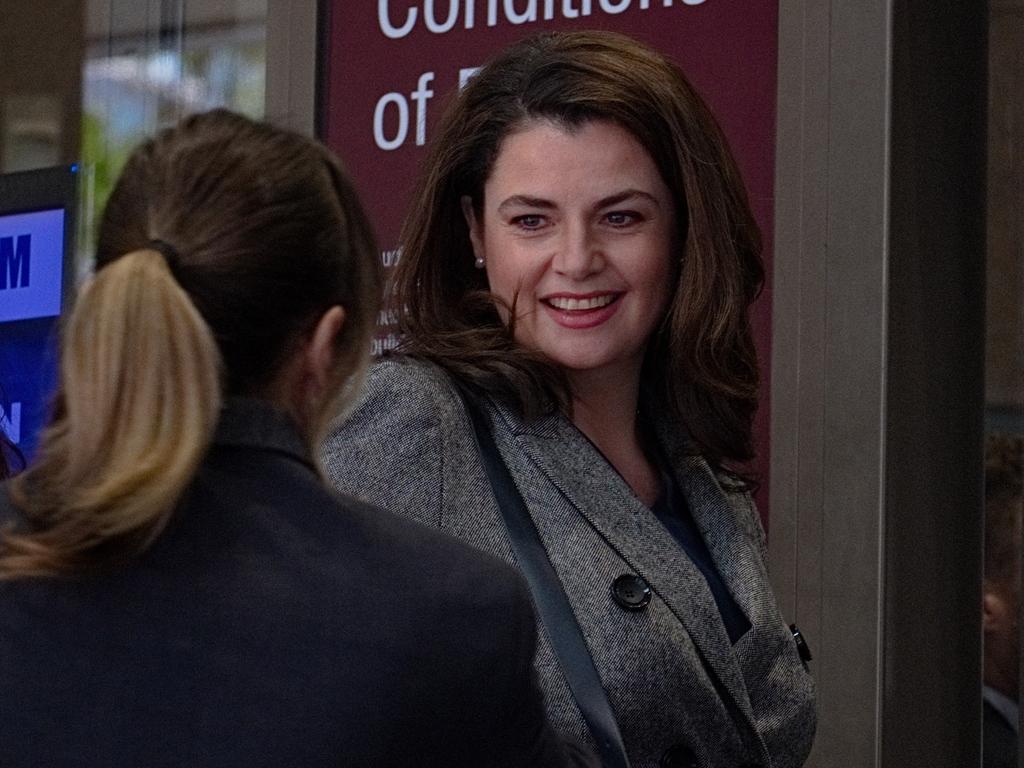
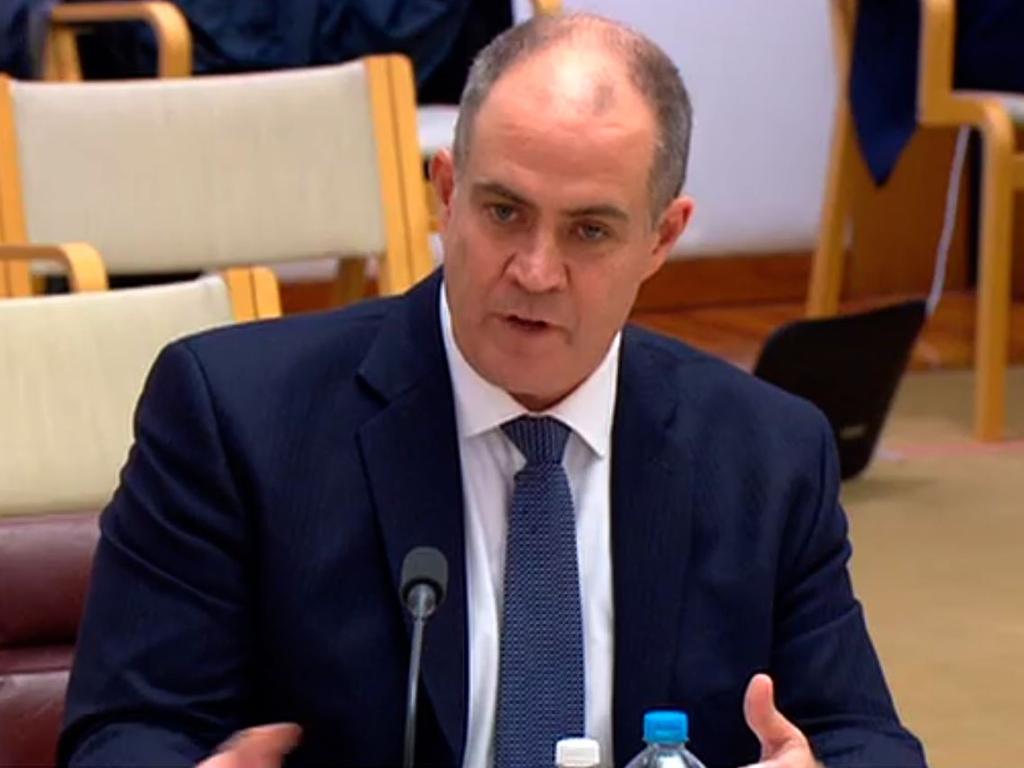
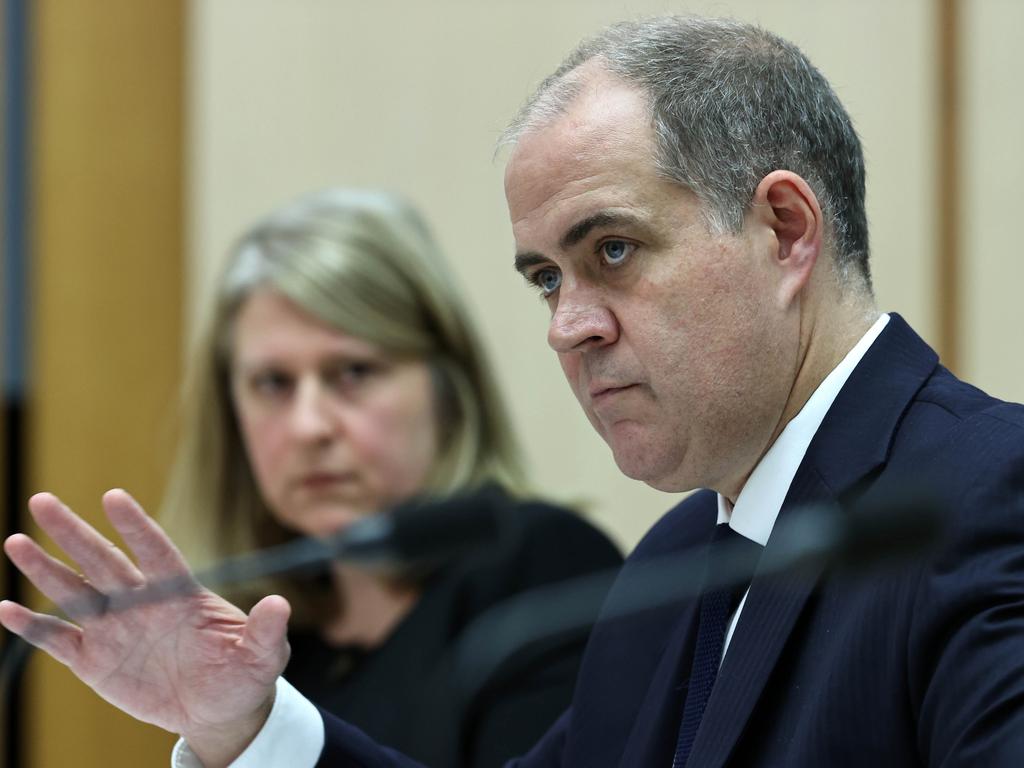
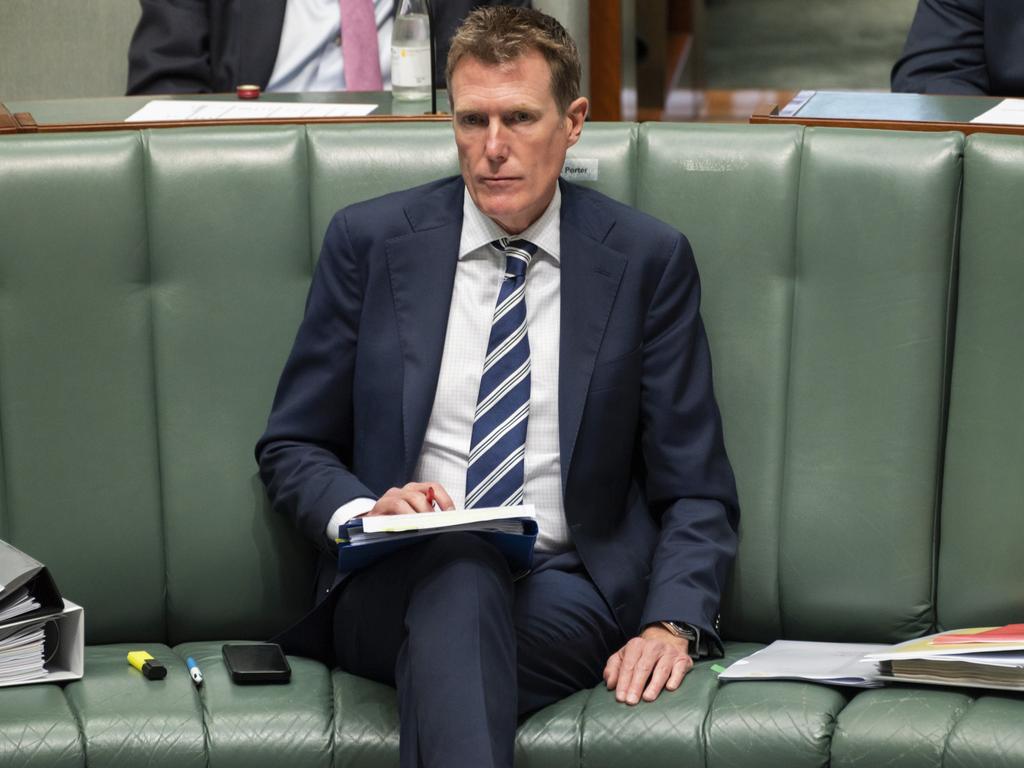


Two impertinent tweets from ABC staff last week illustrated the strength of the hubris that has infected the organisation and may in time destroy it.